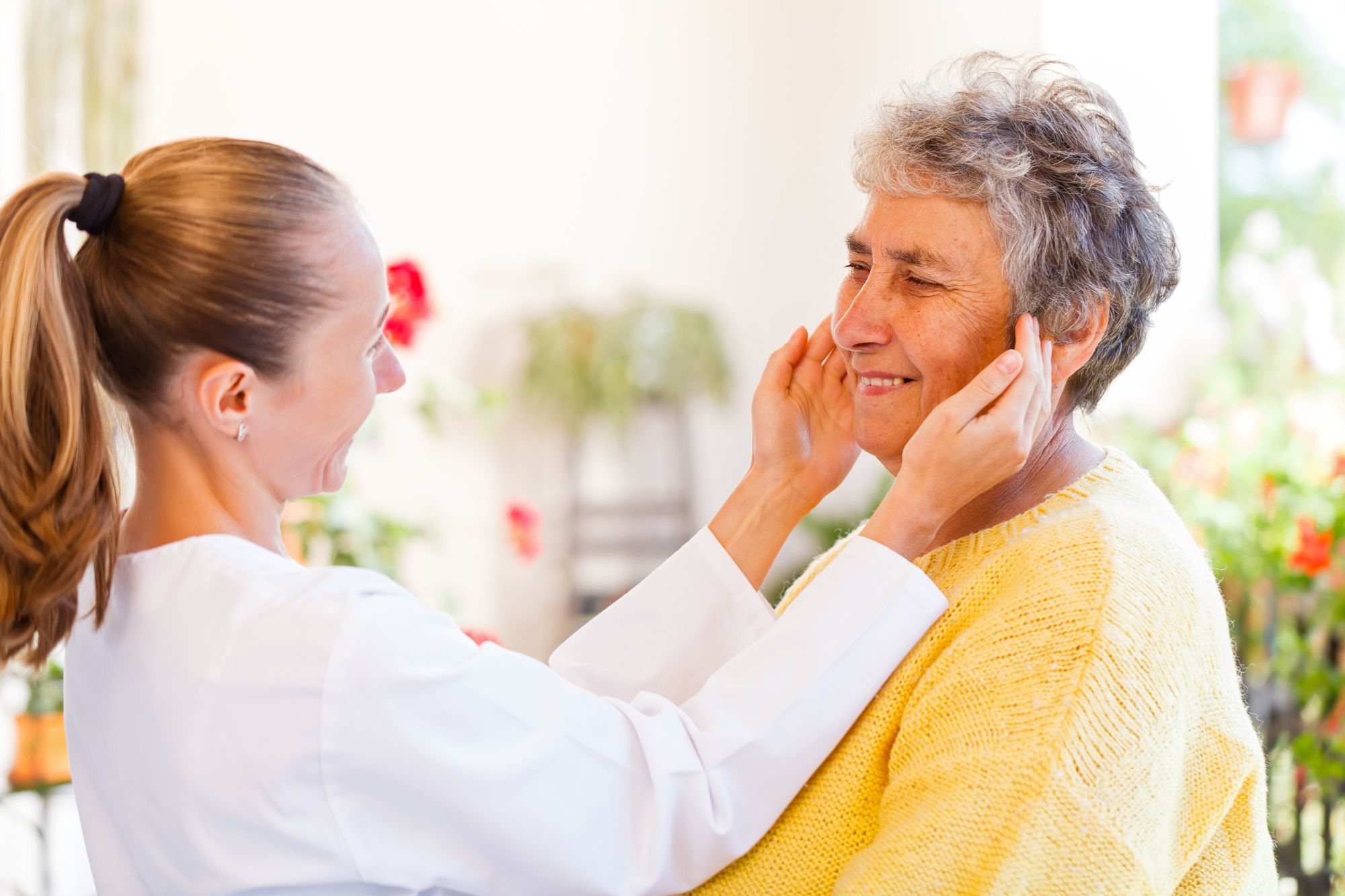If you are taking care of an elderly parent or an ageing spouse, we salute you. We know you care for them with a heart full of love and gratitude, but we also know that the task can be daunting and stressful. Whether you take care of a senior on a full-time basis or just help out from time to time, here are some tips to make the task easier and to help you to be the best carer you can possibly be.
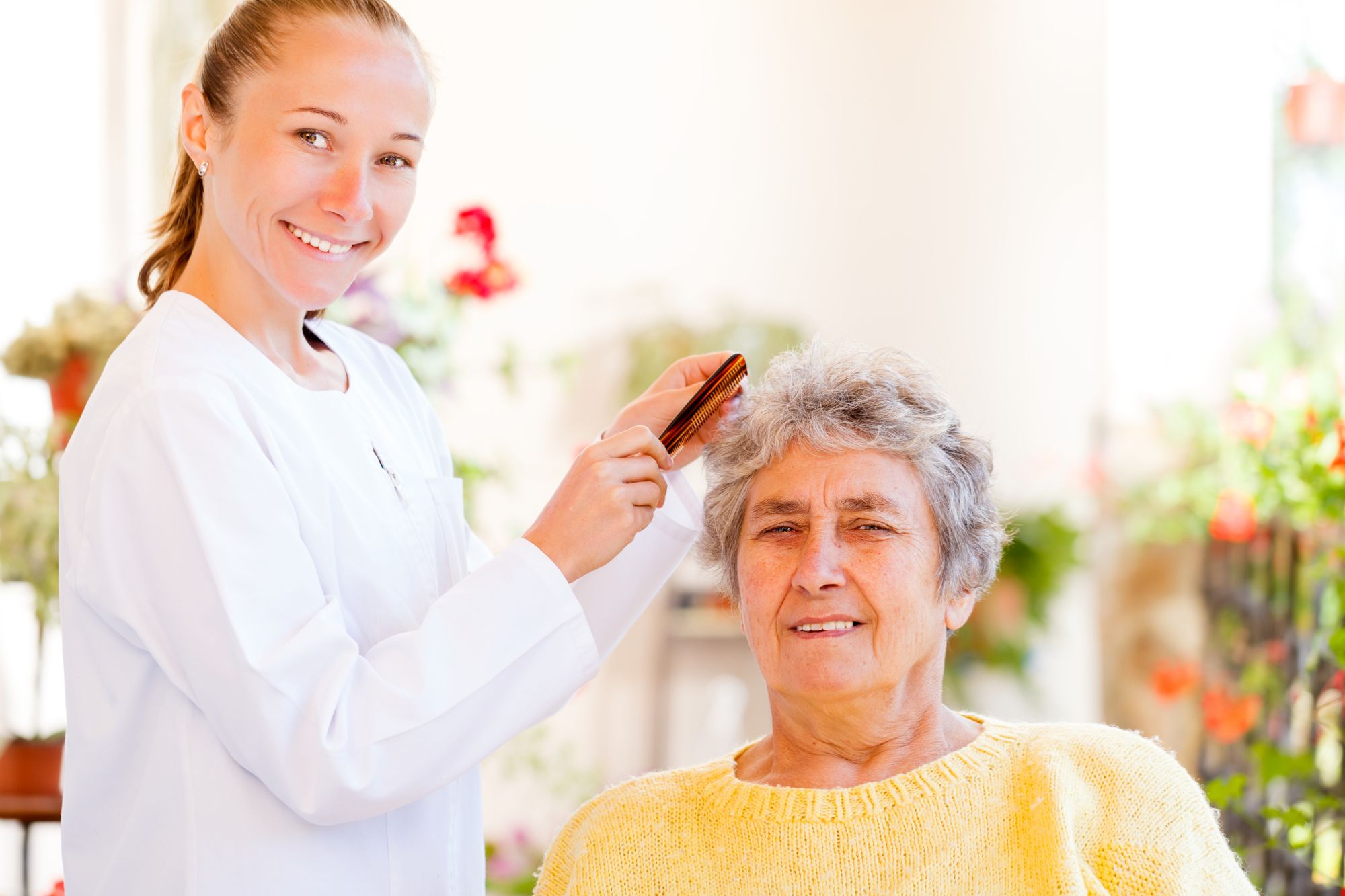
1. Have a flexible care plan
It is important to start out with a roadmap for caregiving. Begin by compiling a list of care tasks that your ageing loved one needs help with on a daily, weekly and monthly basis. Be realistic about how much care you can provide and make plans for getting additional assistance, whether it means looking at a care facility or a home-based care aid. It is a good idea to involve the older person in drawing up the care plan, if at all possible. Talk to them about the kind of help they think they need and how they would like to get it. This gives them agency and is the most respectful way of going about things. Keep in mind that care needs may change over time. Be flexible about acquiring additional help if needs increase and have a back-up plan for when life throws a curveball and you are unable to meet needs yourself.
2. Safety first
There are various minor changes you can make to ensure that your older loved one’s living environment is as safe as possible. You can, for instance, remove all throw rugs and add non-skid strips on slippery surfaces and arrange furniture in such a way that there are clear wide paths for walking or using a wheelchair. Place nightlights in discreet positions throughout the house for increased visibility. Also consider installing grab rails in the shower, tub and near the toilet. All these adjustments will help to prevent falls. Another good idea is to reduce the water temperature to below 48.9 °C to avoid burns from hot water.
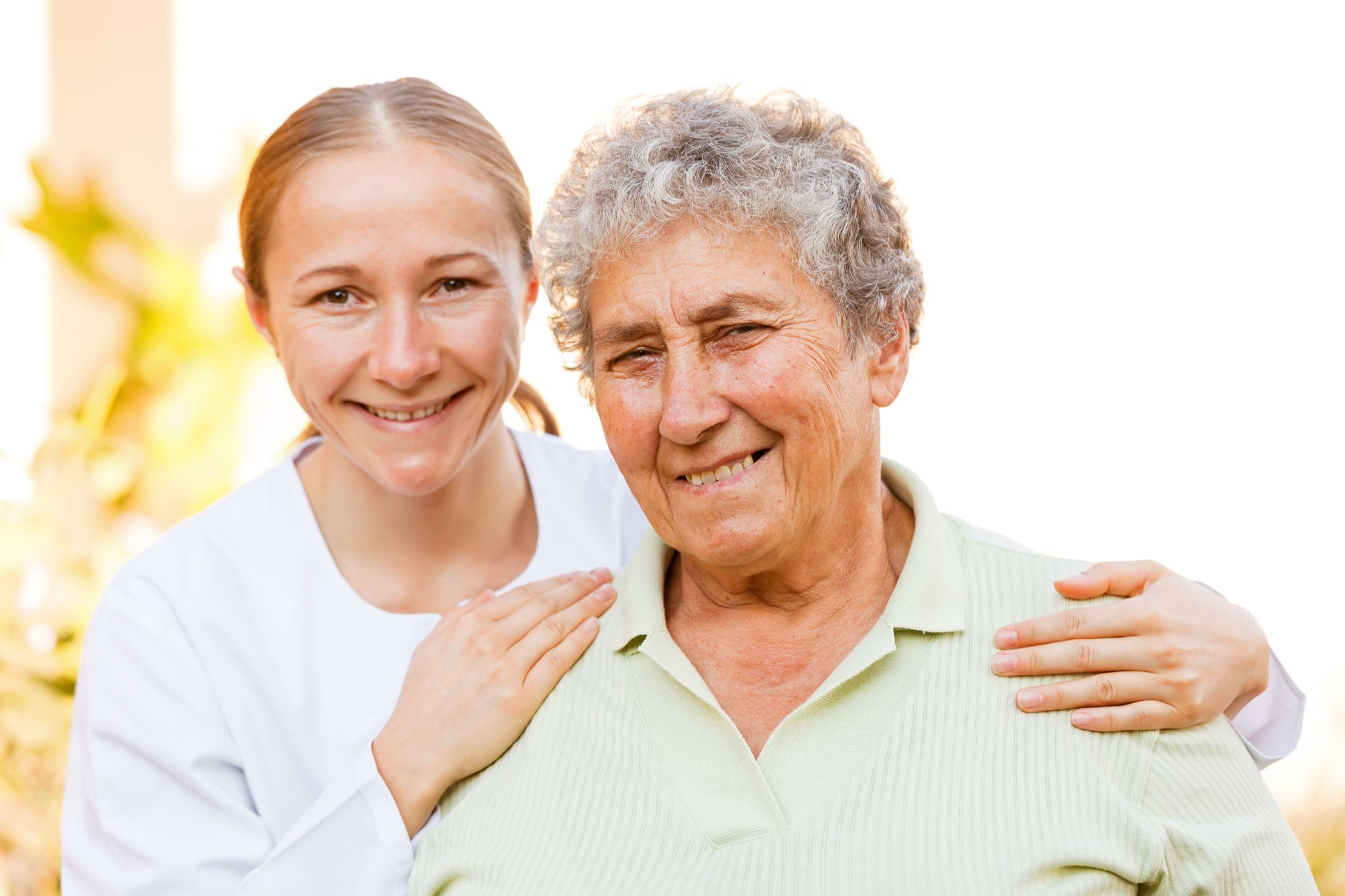
3. Be medically prepared
With age, people often develop some health concerns. It is vital that you understand these health issues, so that you can know how to deal with them. It is a good idea to ask permission to speak to your loved one’s doctor so that you can know which symptoms to look out for and what to do if they arise. Also make sure that you have a clear plan for what to do should a medical emergency occur.
4. Use community resources
Learn about services for the elderly in your community and make use of them. Many religious groups have special programmes for seniors. Your health care provider may also have some ideas, for instance about support groups for specific health concerns. This is important because it alleviates your stress and creates an opportunity for your loved one to engage with others, preventing loneliness and depression.
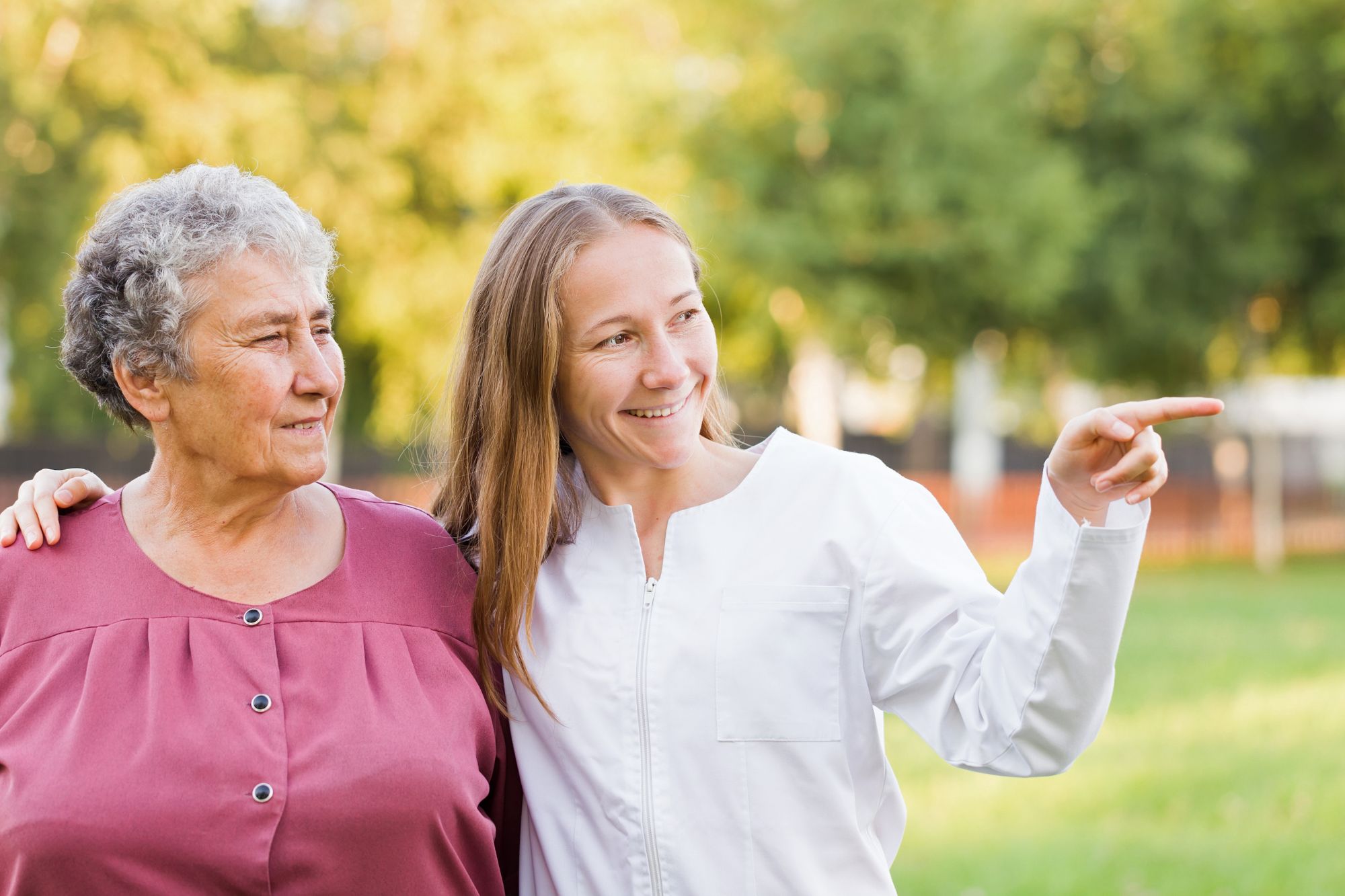
5. Reaching out is important
You are not in this alone. When caring for an older adult, it is a good idea to get friends and family members involved. Just as it takes a village to raise a child, it takes a community to care for seniors. Not only can friends and relatives give you a much-needed break from caretaking, but they can also provide the ageing loved one with all important social interaction to ward off isolation and prevent loneliness. Furthermore, family members may be able to contribute financially, thus relieving the care burden. But remember, people won’t know that you need help unless you ask for it.
6. Take care of yourself
As the saying goes, you can’t pour from an empty cup. Caregiving can be physically, mentally and emotionally tiring. Take time to take care of yourself too. Make sure that you get enough sleep and exercise, eat a healthy diet and do things outside the caregiving realm that energise you, be it going for a walk, meditating, practising yoga, meeting up with friends or reading an inspiring book.
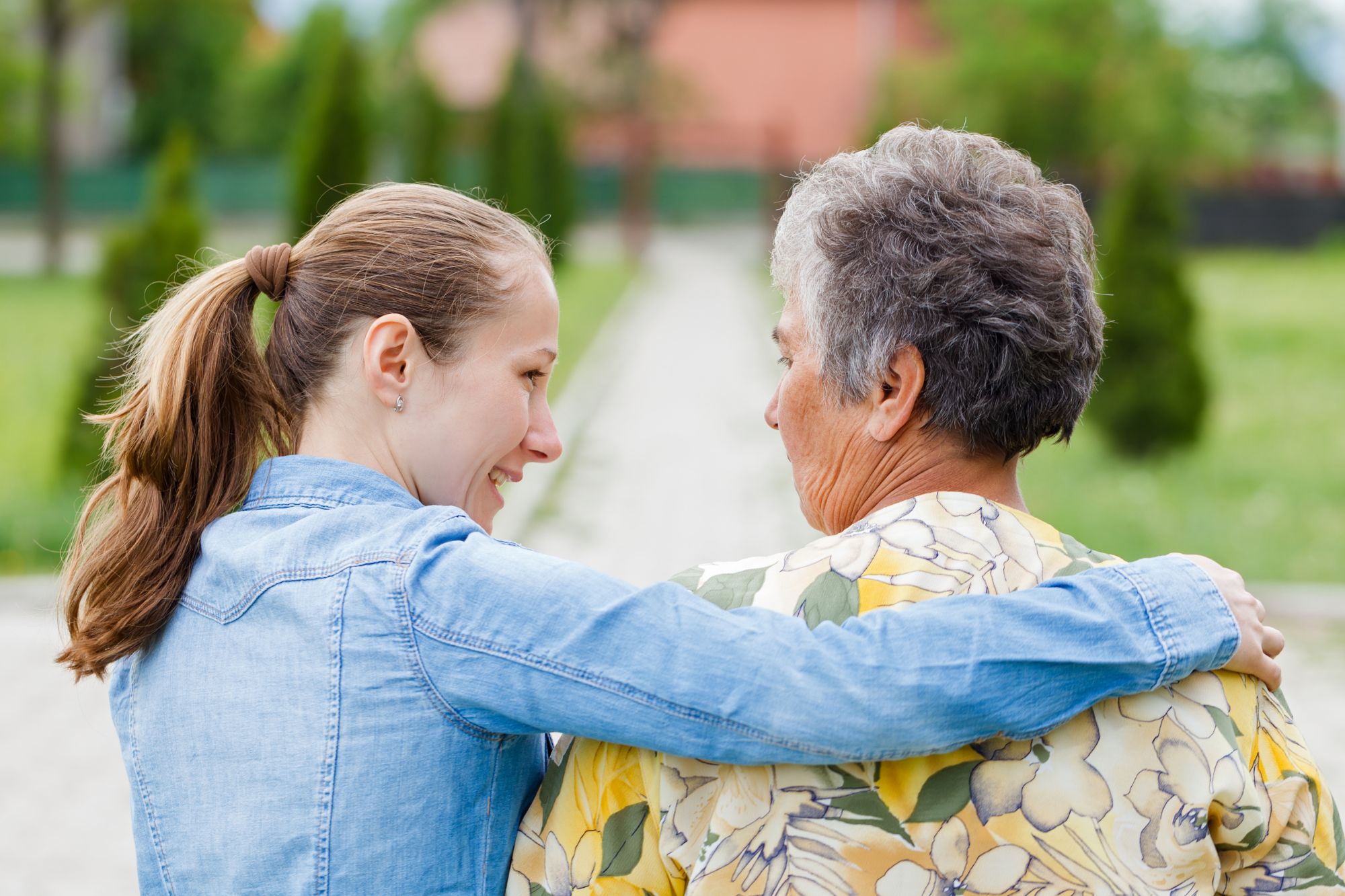
Thank you for caring for a senior – may it be as enriching for you as it is for them.
Should you wish to explore care home options for your loved one, the team at Nazareth Care are here to listen, talk, and advise. Our dedicated and compassionate staff provide the highest quality of care and treat residents with the greatest dignity and respect, making the transition so much easier.

